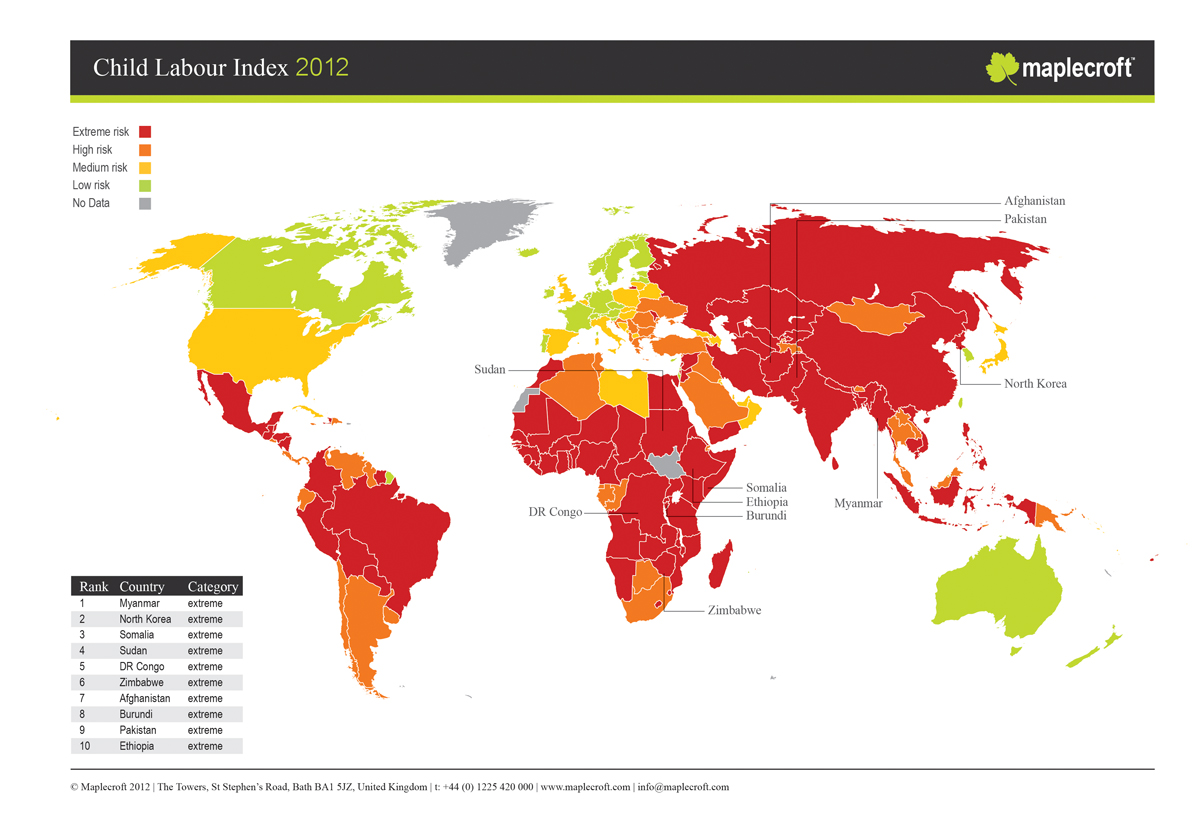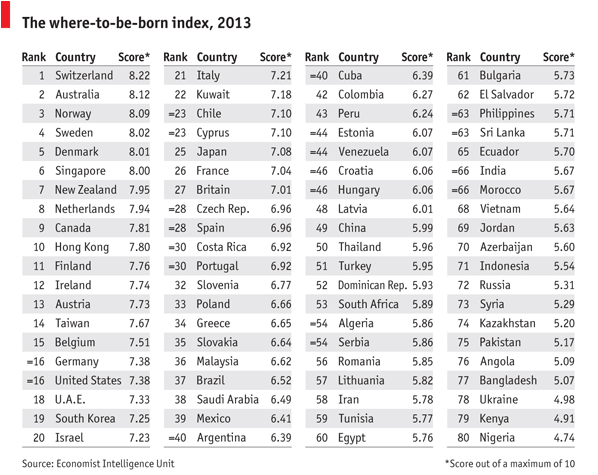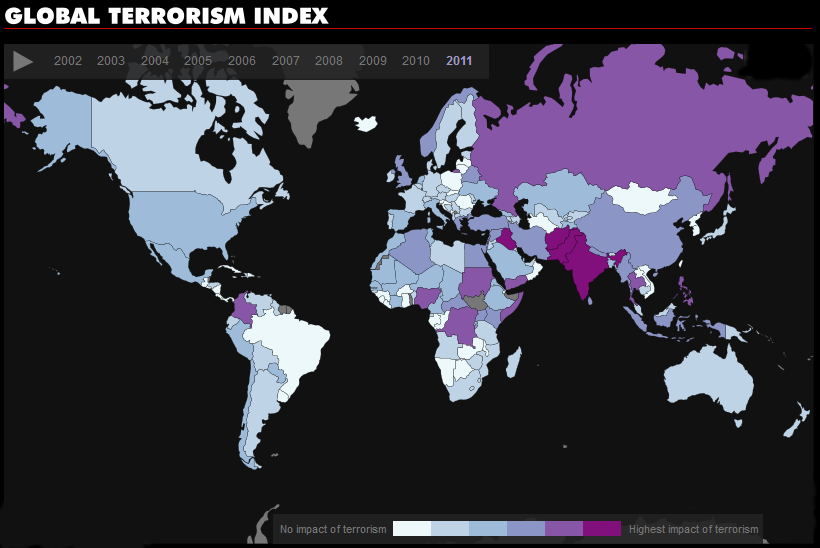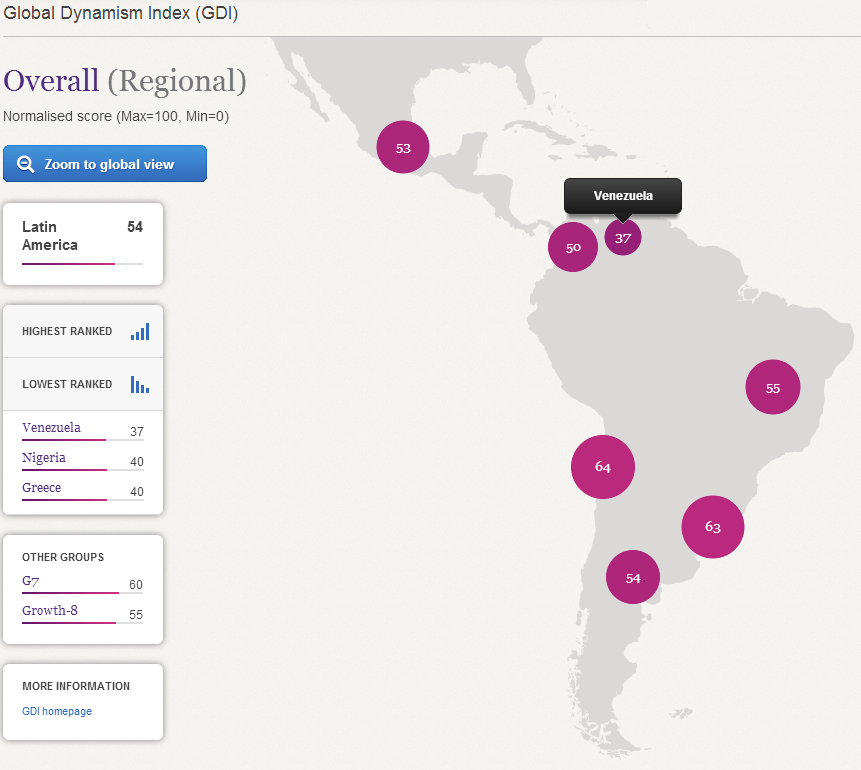 Child labor is a serious problem that affects children all around the world. The International Labor Organization (ILO) defines child labor as “work that deprives children of their childhood, their potential and their dignity, and that is harmful to physical and mental development.” According to ILO, an approximate 215 million children around the world are working. Out of this number, 115 million are thought to be doing dangerous work in hazardous conditions. An estimated 150 million children between ages 5 and 14 are subjected to child labor globally.
Child labor is a serious problem that affects children all around the world. The International Labor Organization (ILO) defines child labor as “work that deprives children of their childhood, their potential and their dignity, and that is harmful to physical and mental development.” According to ILO, an approximate 215 million children around the world are working. Out of this number, 115 million are thought to be doing dangerous work in hazardous conditions. An estimated 150 million children between ages 5 and 14 are subjected to child labor globally.
According to the Child Labor Index for 2012 published by risk analysis company Maplecroft, countries with the highest risk of child labor violations include Myanmar, North Korea, Somalia, Sudan, Afghanistan, Pakistan, Russia, India, and China among a group of 76 countries.
Read full report at: Maplecroft: Conflict and economic downturn cause global increase in reported child labour violations – 40% of countries now rated ‘extreme risk’







